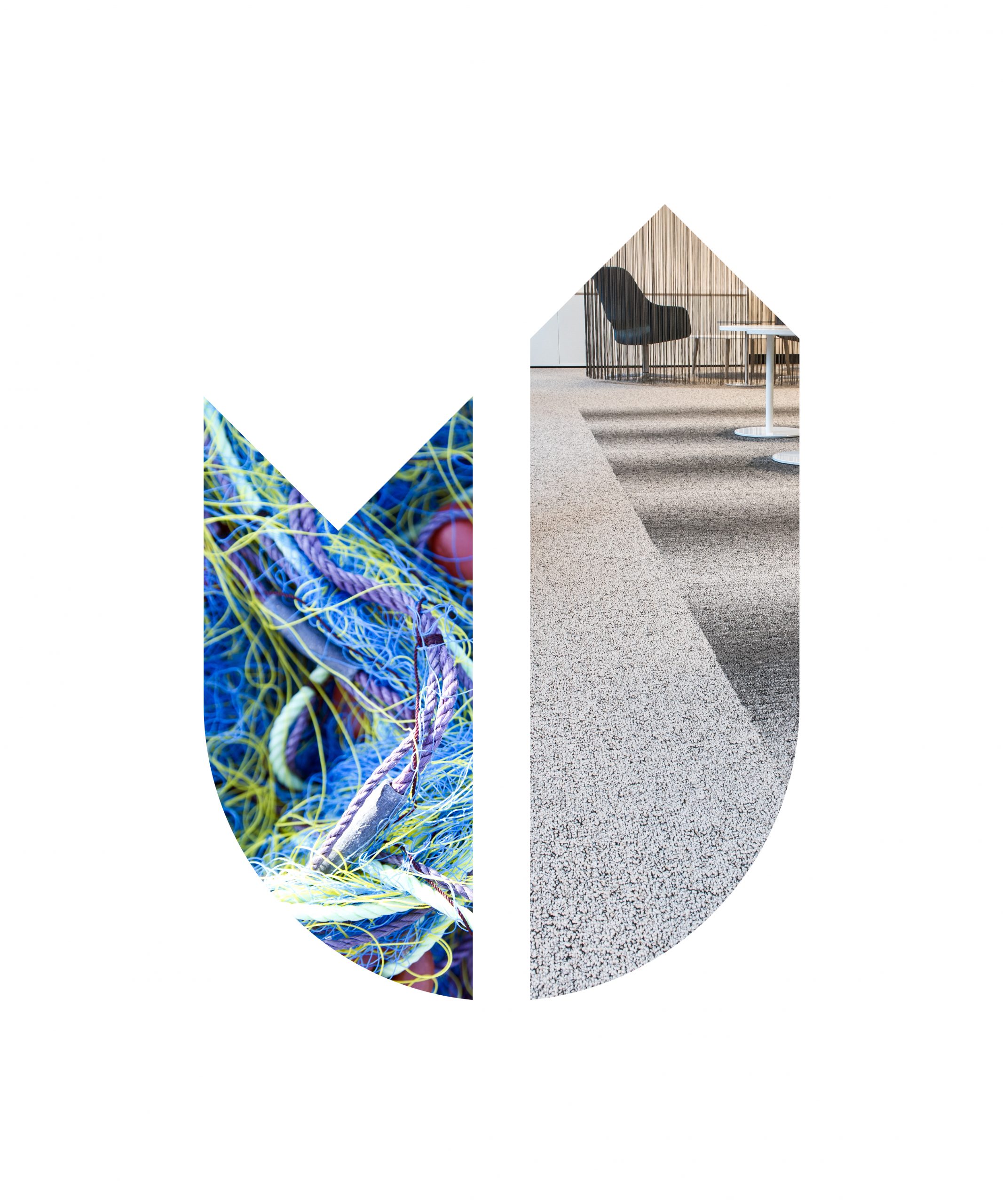The waste legislation of the 1970’s has changed, from the prevention of negative consequences for people and the environment through undesired actions with waste (such as illegal dumping or incineration), to possibilities for the reuse of waste and in recent years to facilitating the circular economy, where raw materials are not lost but remain in use.
Unfortunately, Small and Medium sized Enterprises (SMEs) think waste legislation is a barrier to useful and high-quality use of waste. By making waste legislation available in a pragmatic manner and at the same time inform SMEs on legal opportunities to upcycle their waste, we expect SMEs to start using waste legislation as a tool to upcycling their waste.
So, this report shows that there are many opportunities for SMEs to upcycle their waste. This is actually rarely used. Often the fear of the “old” rules dominate. By collaborating with upcyclers and involving the licensing authorities at an early stage, the possibilities for high-quality and efficient use of raw materials can be better exploited. Therefore, this report helps SMEs:
- to orientate themselves on waste regulations;
- to find out which rules they have to comply with;
- to determine the legal opportunities for the high-quality upcycling of industrial waste into new raw materials and products.
This allows companies to profile themselves as a sustainable company and thus attract new customers, while simultaneously saving on waste costs and generating ultimate revenue. After all, waste is “just” a secondary raw material.
Read the full report on EU and Dutch waste legislation



